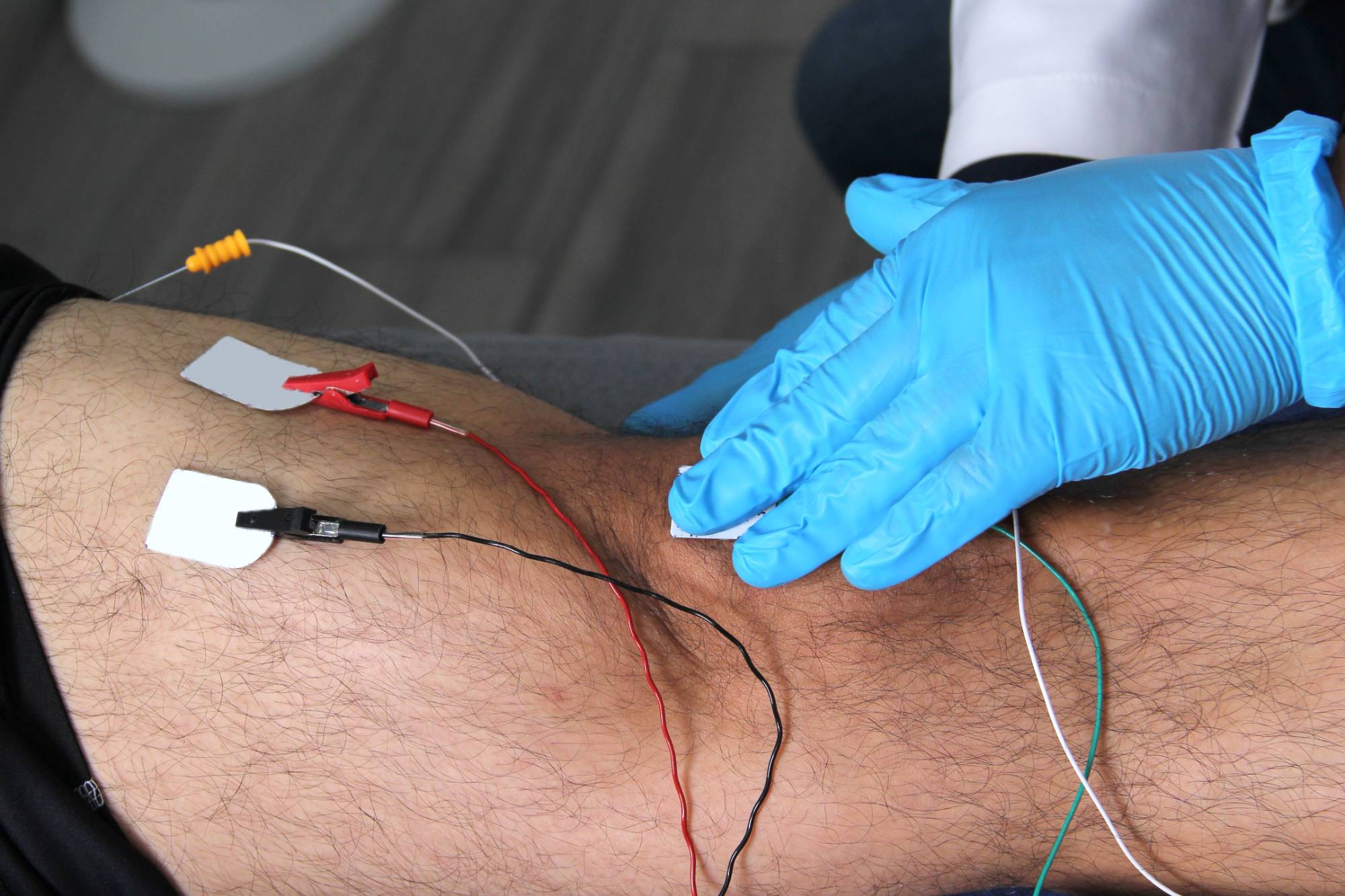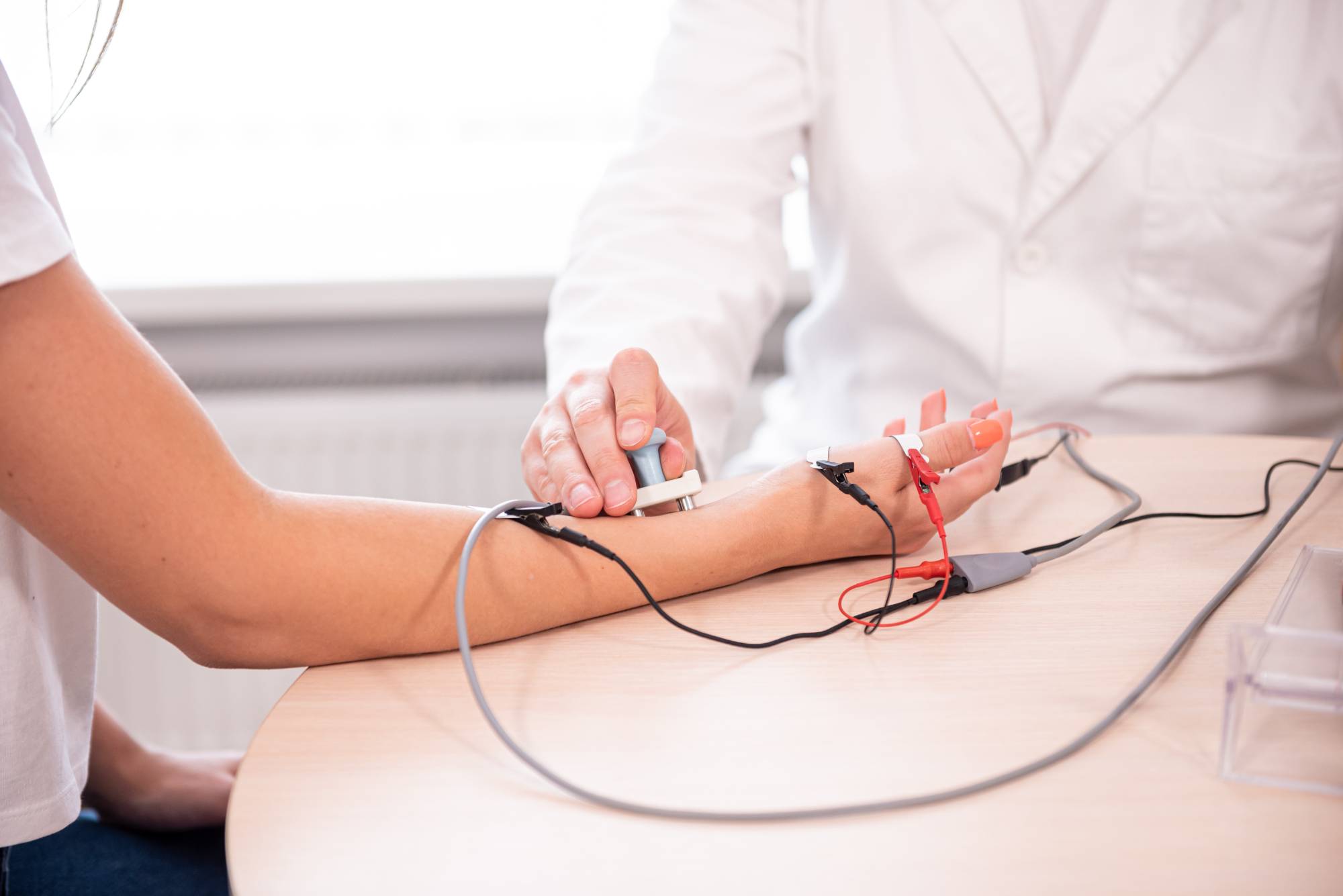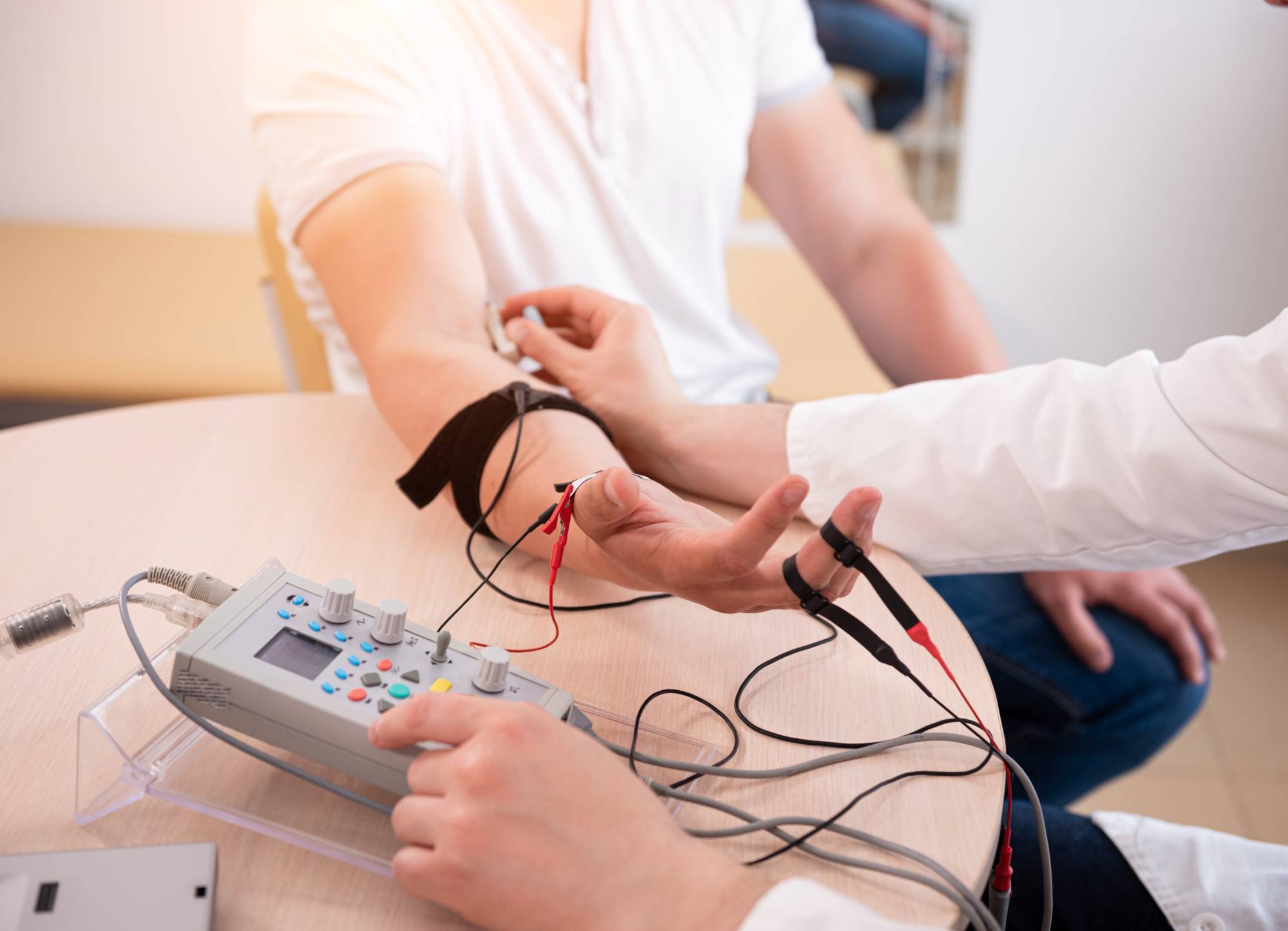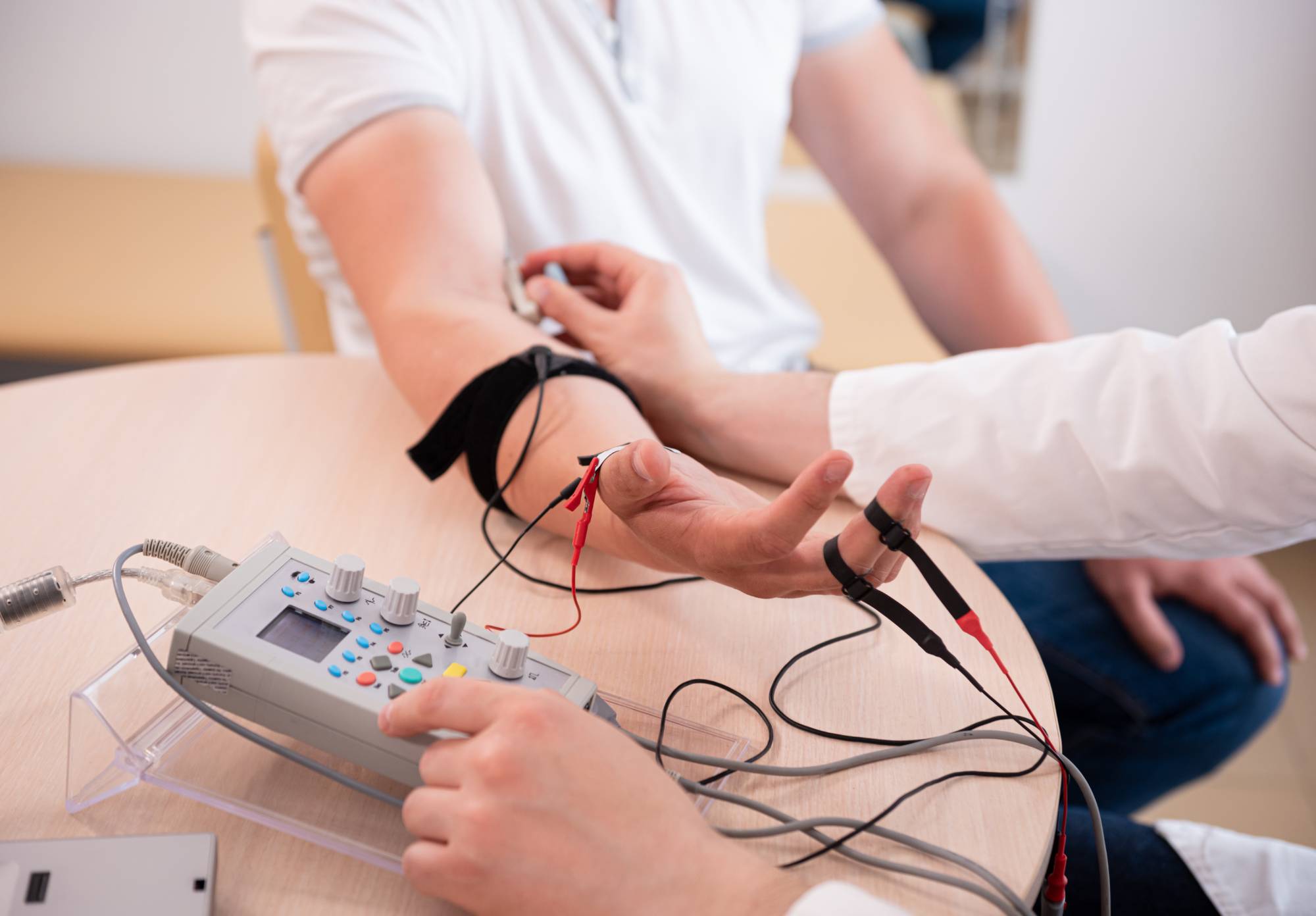Advanced electromyography testing that pinpoints exactly what’s causing your numbness, tingling, or muscle weakness.

Reviews

You’ve been dealing with symptoms that don’t make sense. Numbness in your hands that comes and goes. Muscle weakness that’s getting worse. Tingling that keeps you awake at night.
EMG testing gives you the concrete answers you need. Within 30-60 minutes, we can tell you if your symptoms are coming from nerve damage, muscle disorders, or pinched nerves. No more guessing or wondering if it’s all in your head.
The test measures electrical activity in your muscles and nerves, showing us exactly where the problem is and how severe it might be. You’ll walk out knowing what you’re dealing with and what your next steps should be.
We’ve been serving the Bayfront community with specialized neurological testing for years. Our team includes board-certified neurologists who interpret thousands of EMG tests annually.
We use the latest electromyography equipment and follow strict protocols to ensure accurate results every time. Most importantly, we explain your results in plain English so you understand exactly what’s happening with your body.
Our patients appreciate that we don’t rush through appointments or leave them confused about their condition. We take the time to answer your questions and coordinate with your referring physician.

The EMG test has two parts. First, we do nerve conduction studies by placing small electrodes on your skin and sending mild electrical pulses to measure how fast your nerves carry signals. You’ll feel a brief tingling sensation, but it’s not painful.
Next comes the electromyography portion where we insert thin needle electrodes into specific muscles to record their electrical activity. The needles are much thinner than those used for blood draws, and most patients tolerate this part well.
The entire process takes 30-60 minutes depending on which nerves and muscles we need to test. You can return to normal activities immediately afterward. We’ll have your results ready before you leave and will send a detailed report to your referring doctor within 24 hours.

Ready to get started?
Your EMG testing appointment includes both nerve conduction studies and needle electromyography performed by experienced technicians under physician supervision. We test for conditions like carpal tunnel syndrome, diabetic neuropathy, pinched nerves, muscle diseases, and spinal nerve compression.
You’ll receive immediate interpretation of your results from our neurologist, plus a written report explaining what we found and what it means for your treatment. We accept most insurance plans and provide transparent pricing for any out-of-pocket costs.
Our Bayfront location offers convenient scheduling with same-day appointments often available. We coordinate directly with your referring physician to ensure your results integrate seamlessly into your overall treatment plan.

New York:
Florida:
Support